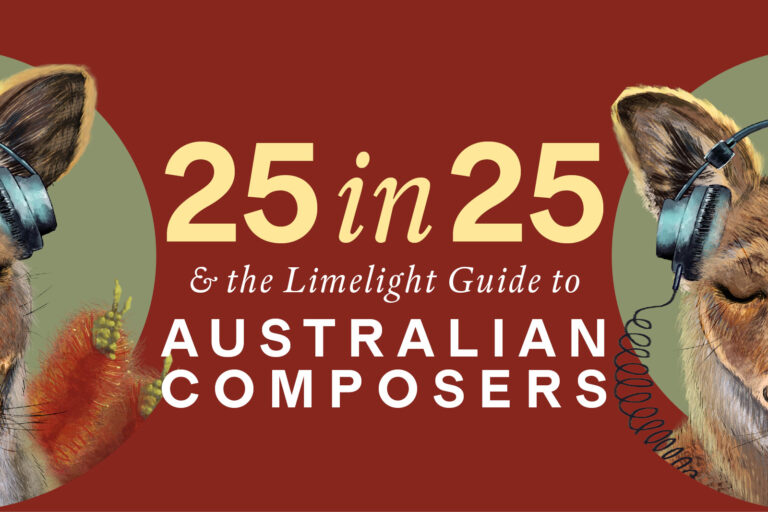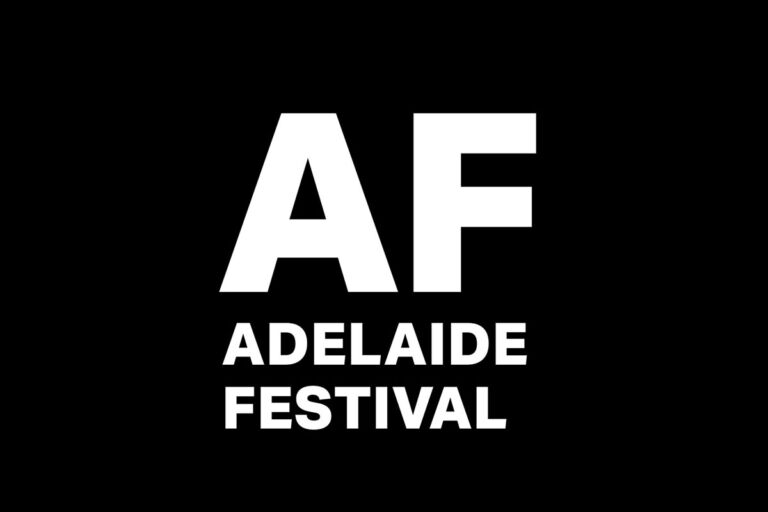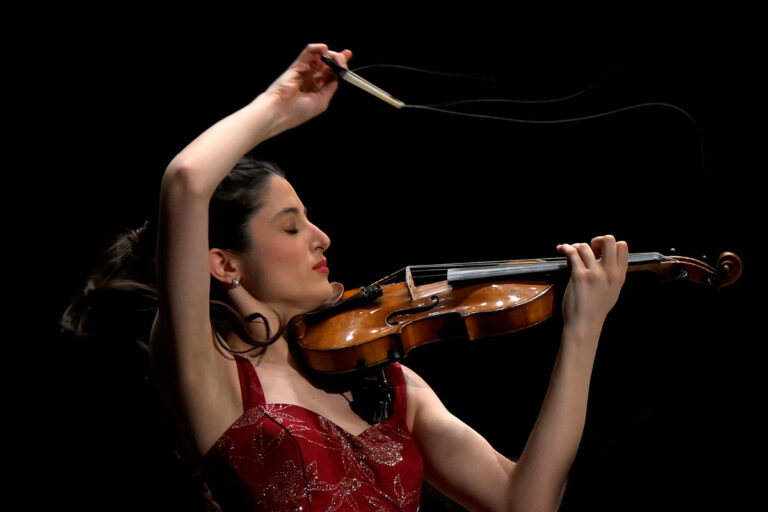What a ripping yarn the story of Elijah is. Operatic in scope, the prophet’s story has drought, famine, earthquakes, bloodthirsty vengeance, the quintessentially evil Queen Jezebel, triumph over self-doubt, all capped by an extraordinarily dramatic apotheosis when he is taken up into heaven in a fiery chariot by a whirlwind.
Of other dramatic Old Testament stories, only that of Samson has arguably rivalled Elijah’s tale in drawing such colourful musical responses. A century before Mendelssohn’s great oratorio, Handel wrote some of his best music for Samson, while 30 years after Elijah came Saint-Saëns’ sensual opera Samson et Dalila.

Such sensuality would have shocked Mendelssohn’s many admirers, among them Queen Victoria and Prince Albert, because the composer appealed strongly to the mores of white Anglo-Saxon protestants, who to use Cranmer’s stern phrase, delighted in the “punishment of wickedness and vice, and the maintenance of … true religion and virtue”.
Such a WASPish connection has led some to perceive (unfairly) that Mendelssohn’s music is saccharine and stolid by turns. However, this highly committed account of
Continue reading
Get unlimited digital access from $4 per month
Already a subscriber?
Log in










Comments
Log in to start the conversation.